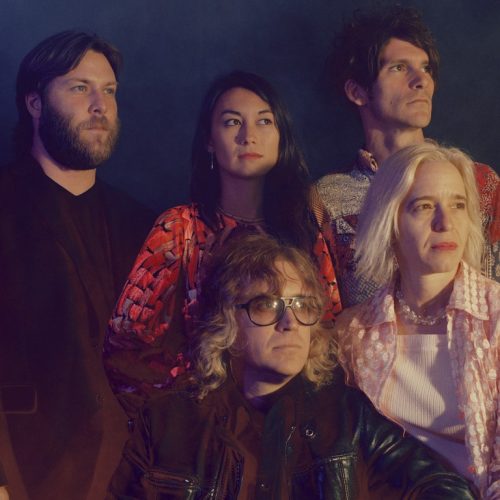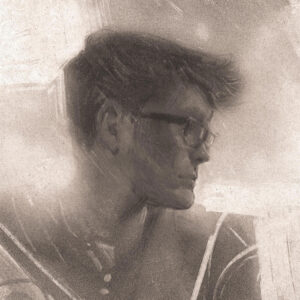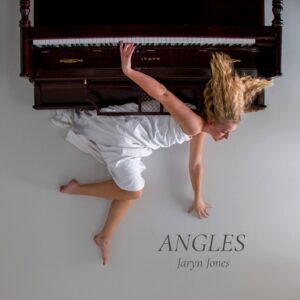As someone who was born in October, fall has always held a degree of personal significance that has set it apart from all the other seasons. Throughout my life, I’ve equated it with introspection, and have been hyper aware of the predictable mix of nostalgia and eagerness that kicks in the moment that the leaves begin to change colors. As I’ve grown older, I have embraced the season as the proverbial line in the sand, on one side of which is every potential outcome waiting to be realized, while on the other, is every event up until now standing diligently and single-file under the uniform and growing roof of the unchangeable past.
Going back to the time of John Keats, fall has often been associated with an inherent impulse for restlessness and reflection. When everything around you is in the midst of a gradual process of decay and withering away, life can predictably take on a heavily existential tone. And when you consider that fall is also a time for harvest, for reaping the bounty of your own labor out of the frosty ground, then the perplexing qualities and astounding paradoxes of life become all the more salient.
This relatable and seasonal sense of wonderment, and the quest for understanding that can follow it, lie at the heart of The Besnard Lakes’ newest single “Raindrops.”
https://www.youtube.com/watch?v=fB7FPu1l26U
The first single off their upcoming sixth album The Besnard Lakes Are The Last Of The Great Thunderstorm Warnings, due out in January, “Raindrops” is a five-minute long declaration of spiritual possibility and stupefaction. Riding on the back of a steady and tireless backbeat and distorted chugging guitars, The Besnard Lakes paint a musical picture that sheds light on the raw tension that precedes a moment of change; one that feels aptly seasonal. With piercing high-pitched vocals, spacious swelling harmonies, and a painterly shoegaze sound, the band creates a melodic ebb and flow that seems to expand and contrast as the song oscillates between verse and chorus. In a way that makes this song particularly relevant at this present moment, some of autumn’s most recognizable accoutrements are called up for a cameo appearance as props meant to highlight both personal agency and self-reliance.
“We’ll take flight through my window
Starlight is ours
By the light of the moon I hold on to stars…
I’ll pour wine on these mountains
Comb through these clouds.”
Starting in the first full verse, nighttime becomes both the setting for inward-looking philosophical ruminations, as well as tools with which the speaker relates a professed mastery of themselves and their surroundings. The supernatural act of flying under star-studded and clear moonlit skies recalls the magical and otherworldly feeling associated with Halloween, just as the mention of pouring wine brings to mind the intimate sense of fulfillment and completion related to the harvest. Ultimately, these ideas are meant to showcase a growing sense of power, will, and determination in the speaker, who is shown as reveling in the possibilities that lie within their fingertips. For them, nighttime is the untainted expression of all that’s naturally feasible, and of all creative bounds.
“I can feel the raindrops falling down
(what you feel is a light emotion)
And all the time I’m falling to the ground
(what you feel is a light emotion)”
Yet despite their growing confidence and bravado, the speaker seems unable to come to terms with the reality that, in spite of their yearning desire to break free, they are essentially trapped, vulnerable, and insignificant. It’s life that is omnipotent and unconquerable. And it’s time that’s ready to sift and thresh them as chaff is separated from grain. This also implies that it’s up to the speaker, then, to determine which is which; an action that entails both agency, and more importantly, the self-awareness to discern what’s clearly within their control and what is not.
This conclusion is both visceral and profound, and this new-found epiphany leads to a casual humility that itself seeks to ask more questions.
“When will we fly free?
We’re still trying to become
In frustration, we came back
To the sea and to the land.”
In the end, even while making peace with their finite place in the cosmos and their own ephemeral existence, the longing to escape pushes the speaker to assert that becoming is the ultimate and worthiest of endeavors. All of its confusing and self-referential metaphysics aside, and in spite of its ambiguous and elusive character, ultimately, nothing else matters.
In a philosophically rich albeit musically austere, five-minute diatribe, The Besnard Lakes make a believable case in favor of acknowledging the present moment as an act of universal protest; as an uninteresting and pointless rehearsal dinner that precedes some ill-defined future. This, they assert, is the human burden they are more than willing and ready to carry. Whatever can come, may come, however, it’s the Now that truly matters because now is the only reality to which we are perpetually bound, and in which we continually fashion and imagine all other possible versions of our tireless selves.







